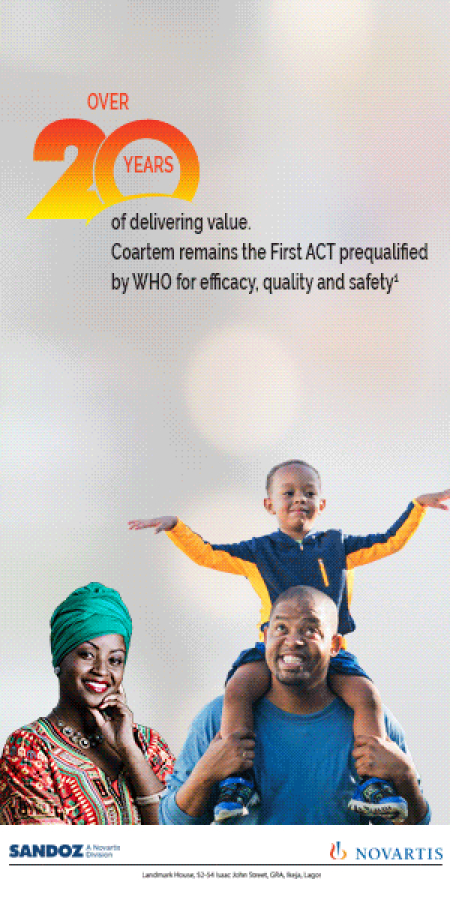A Senior Nursing Officer at the Nnamdi Azikiwe University Teaching Hospital, Nnewi, Mrs. Amaka Okafor has cautioned expectant mothers against pushing early when they go into labour.
The midwife said pushing way too early, especially before being 10cm dilated, can cause vaginal tears, and swelling of the vulva to the woman, adding that it could also endanger the life of the unborn child.
She noted while most women going into labour are often in a hurry to have the baby out, caregivers must encourage them to be patient to prevent avoidable complications that impatience can cause.
Speaking with PUNCH HealthWise in an interview, Okafor said when a woman is in labour, the dilation of the cervix is used to check the progress of the baby for birth, explaining that it is when it gets to 10 cm that the woman is fully dilated and the time the baby can easily pass through the woman’s cervix.
But she explained that before a woman is 10cm dilated, “there’s this urge to push when it gets to around 6 – 8 cm depending on the pain threshold of the woman.
“Some will from as early as 4cm start pushing thinking that it is when they push it that the whole thing will come out but we try to educate them that even if they start that early, they’d only end up tearing the cervix; they’d end up harming themselves and put the baby in danger so we normally encourage them not to push.
“It is that force – pushing very early – that brings about tearing of the cervix and sometimes when it is a big tear, it would tear down and connect to the anus.”
Okafor warned that a third-degree tear in the vagina can cause a vaginal fistula.
According to Mayo Clinic, – a medical center focused on integrated health care, education, and research, a vaginal fistula is an unusual opening that develops between the vagina and another organ, such as the bladder, colon, or rectum.
Vaginal fistulas can develop after childbirth, an injury, surgery, an infection, or radiation treatment. Surgery is often needed to fix a fistula.
Okafor also warned that pushing too early can also cause an oedematous vulva.
An oedematous vulva, she said, is the swelling of the vagina, adding that this makes it impossible to birth the baby through the vagina.
She said, when the vulva is swollen, it would be impossible for the baby to come out, adding that if an emergency C-section is not performed at that point the baby could be at risk.
Okafor, however, stated some exercises could help a woman have easy labour and also help reduce the risk of having tears during birthing.
The exercises, she said, include kegel or pelvic floor exercises.
She also recommends regular sex, especially during the last trimester, noting that it could be beneficial to the woman when the couple does it safely.
“The pelvic floor exercise or kegel exercise helps most women. It helps with the elasticity of the vagina so that during labour it can stretch well.
“Another is sex for a married couple. We equally advise women to have sex with their husbands especially in the third trimester unless it poses a risk to the health of the mother or the baby.
“If the woman is spotting, it is not advised but apart from that, it is recommended that a woman have sex with her husband often because it has been found that semen helps in the dilation of the cervix”.
A recent study confirmed the benefits of sexual intercourse for a pregnant woman, noting that it could help make delivery easier.
The study titled ‘Sexual Intercourse for Cervical Ripening and Induction of Labour’ was published by the National Centre for Biotechnology Centre.
According to the study, “Human sperm contains a high amount of prostaglandin, a hormone‐like substance which ripens the cervix and helps labour to start.
“Sometimes it is necessary to help start labour and it has been suggested that sexual intercourse may be an effective means”.
Source: Punch
Join the discussion
- Registering is free and very quick
- Consult paediatricians, Gynaecologists, Lactation experts etc for free
- Get discounts, win prizes and lots more.

Comment Closed




